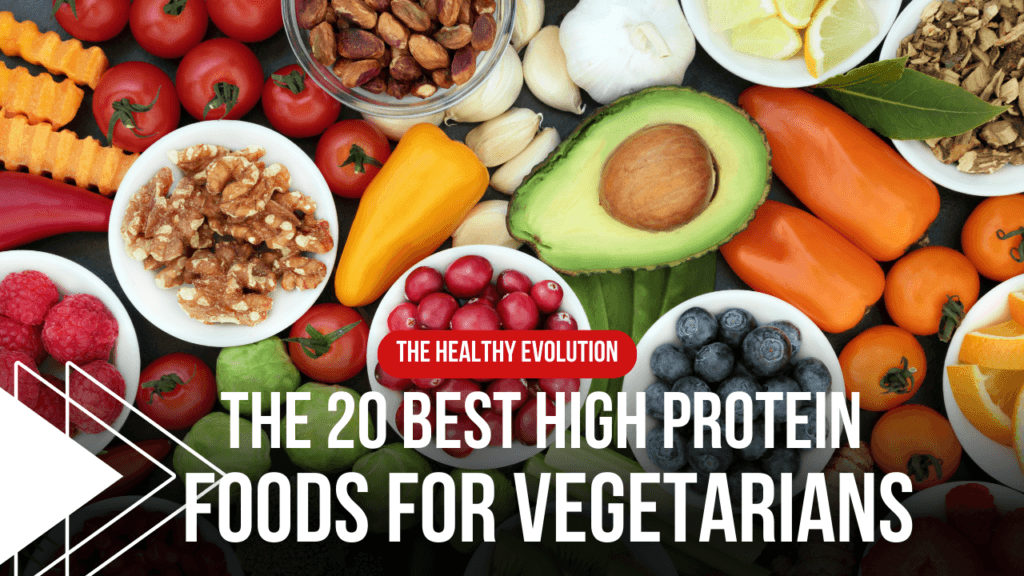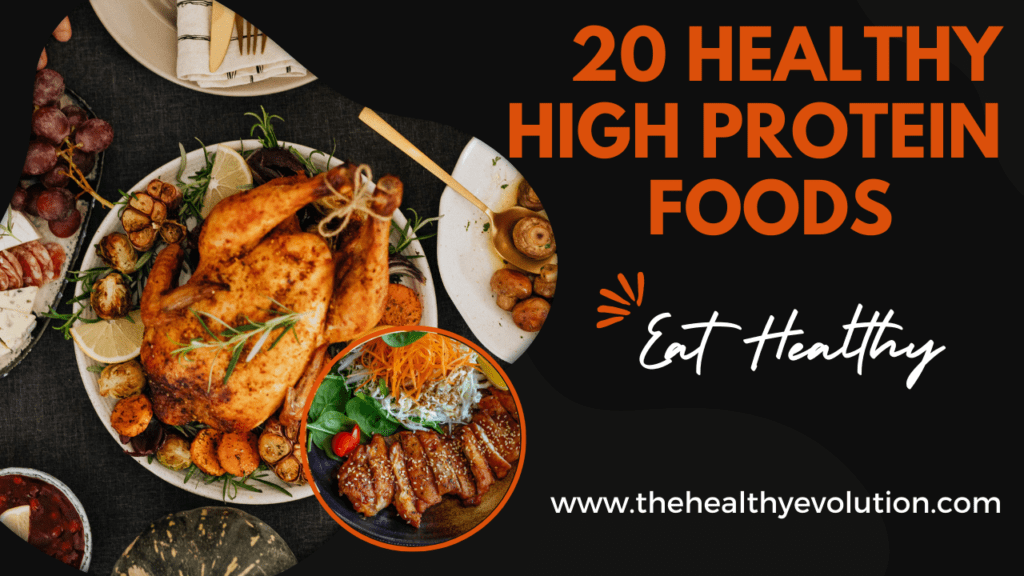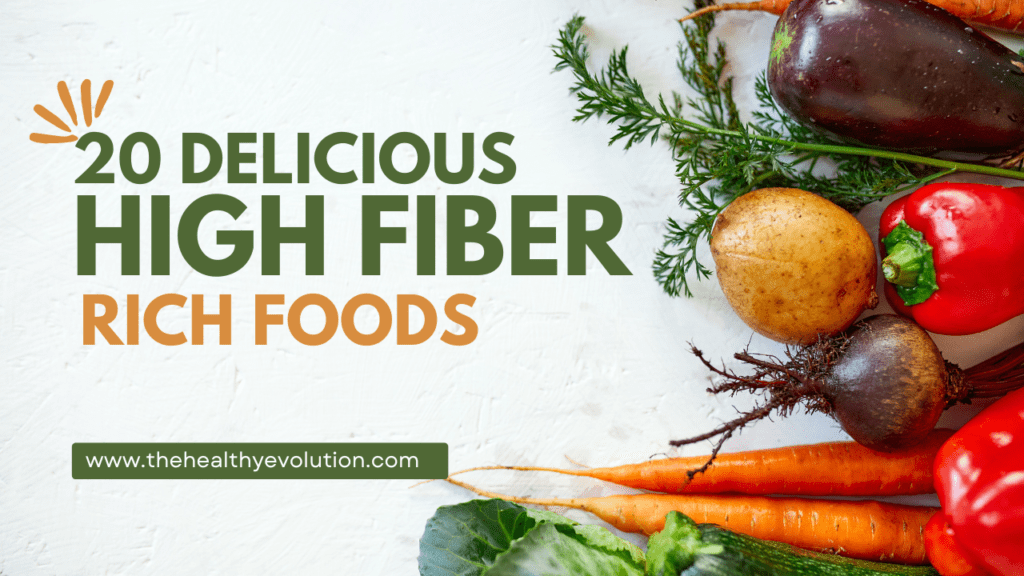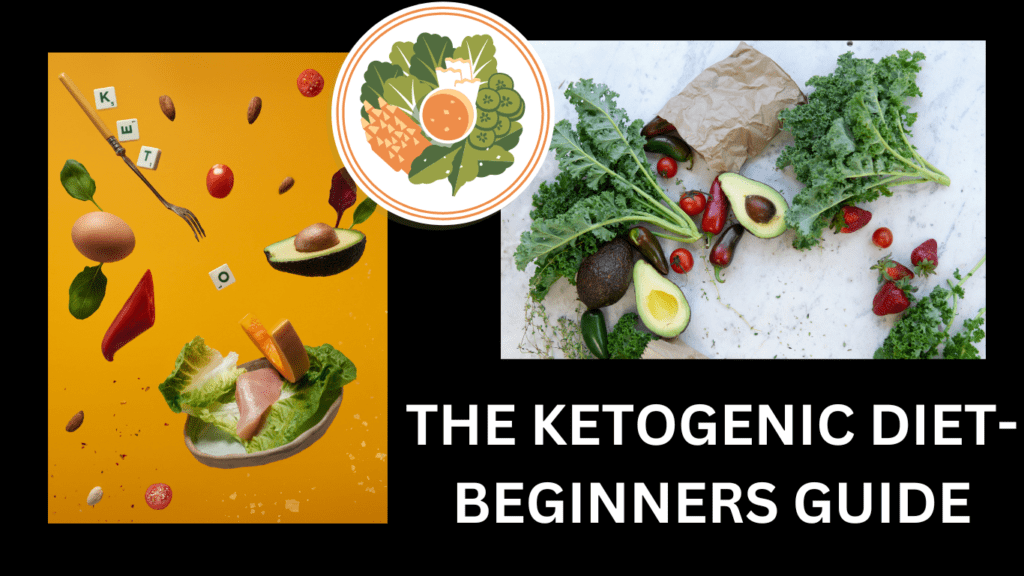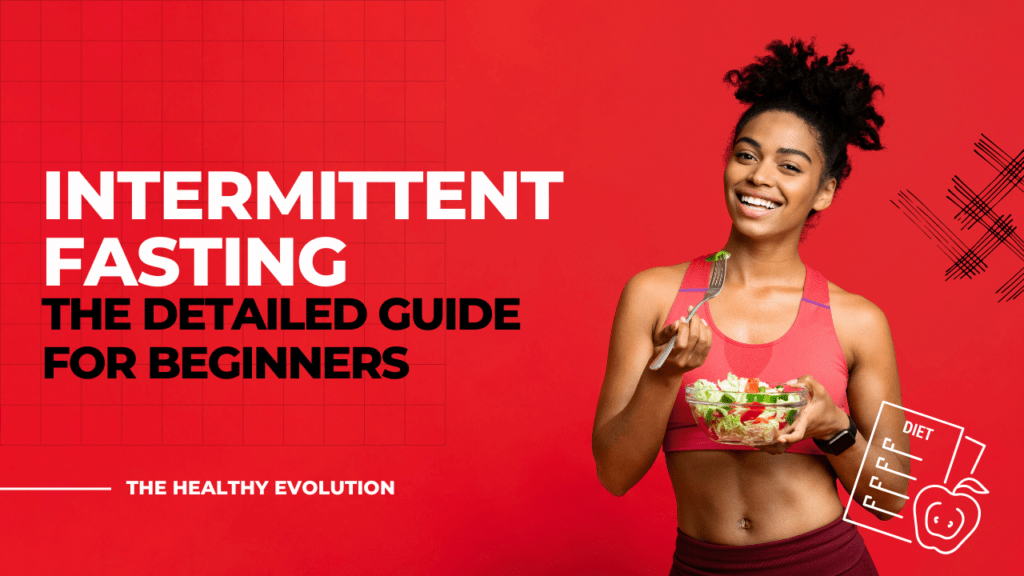Many people may lack sufficient protein in vegetarian and they don’t know whether there is protein food in vegetarian or not. There are many protein sources in vegetarians. Vegan people can take protein from plant sources which are good for their health.
What are Proteins and How Much we need for our Body?
Proteins are complex molecules that play essential roles in structure. functions and regulation of cells. The recommended intake of protein may depend on age, weight and health.
Proteins are very important for people who do workouts daily. For people who are active and doing exercises daily can take up to 1.2-1.8 grams per kilogram of body weight or 0-53 to 0.86 grams per pound.
Complex molecules known as proteins are crucial to constructing, operating, and regulating cells and other living things. They are composed of lengthy chains of amino acids connected in a certain order. 20 distinct amino acids can be combined in various ways to create a vast array of proteins.
Benefits of Taking Vegetarian Proteins
If Vegan diets are well planned and modified, it is good for health and produce many nutritional benefits.
1. Nutrients
Compare to animal-based foods vegan foods have many nutrients, dietary fiber, minerals like iron, potassium, magnesium and vitamins like vitamins E and C. Mainly vegan foods are plant-based proteins so it is very good for health.
2. Health Benefits
Vegan foods are plant-based foods so it produce many health benefits like reducing the risk of blood sugar, supports heart health, supports bone health, helps in digestion and supports overall health.
3. Weight Management
Vegan diets are high in protein, low in fats, low in carbs, low in calories and have a good amount of dietary fiber so it completely helps in weight loss.
20 Best High Protein Foods in Vegetarian
Let us see 20 High Protein foods in Vegetarian
1. Tofu

Tofu is the best plant-based protein and it is low in calories, low in fat but high in protein. It is a complete protein because it contains every necessary amino acid the body needs.
Tofu is a nutrient-rich food and has many nutrients like iron, Calcium, Manganese, Phosphorus and vitamins like vitamins B1 and B6.
It has several health benefits like it improves bone health and it supports heart health.
Vegetarian Protein Content
100g of tofu gives you 8g of protein
The Healthy Evolution
2. Chia Seeds

Chia seeds are a great source taken from plant proteins, rich in antioxidants, and contain high fiber in itself. It is highly rich in complete protein with nine amino acids present in it which the body cannot make by itself.
Chia seeds helps in improving Metabolism, contain enriching vitamins and minerals, support heart health, Dental care, the inflammation subsides and also regulate blood sugar levels.
Chia seeds can be taken raw and free of gluten with 80% of carbohydrates generated from the fiber. It helps in improving the health of the colon, it has a large amount of omega-3 fatty acids which helps the heart to be healthy.
Vegetarian Protein Content
100g of chia seeds gives you 17g of protein.
The Healthy Evolution
3. Oats
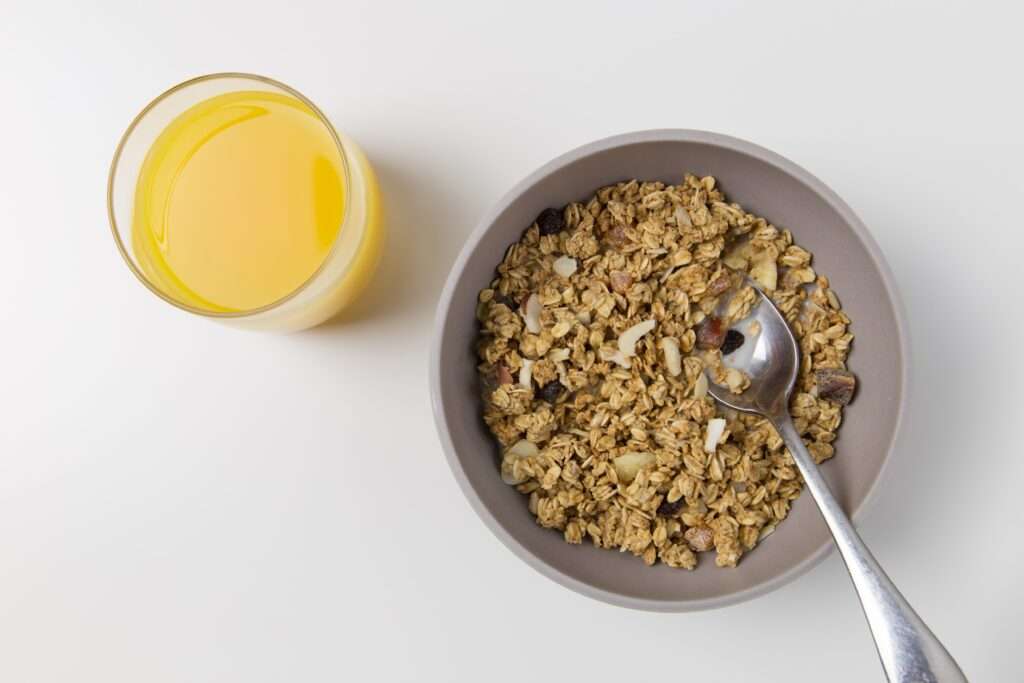
Oats are rich in nutrients and provide a number of health advantages. They are a good source of dietary fiber, particularly beta-glucan, a soluble fiber with cholesterol-lowering properties.
There are many nutrients in oats such as Manganese, phosphorus, magnesium, thiamine (vitamin B1), and vitamin E are just a few of the vitamins, minerals, and antioxidants that can be found in oats.
Oats have little amount of protein but are good for your health. You can eat oats by mixing with protein powder for better taste.
Vegetarian Protein Content
100g of oats gives you 11g of protein
The Healthy Evolution
4. Lentils
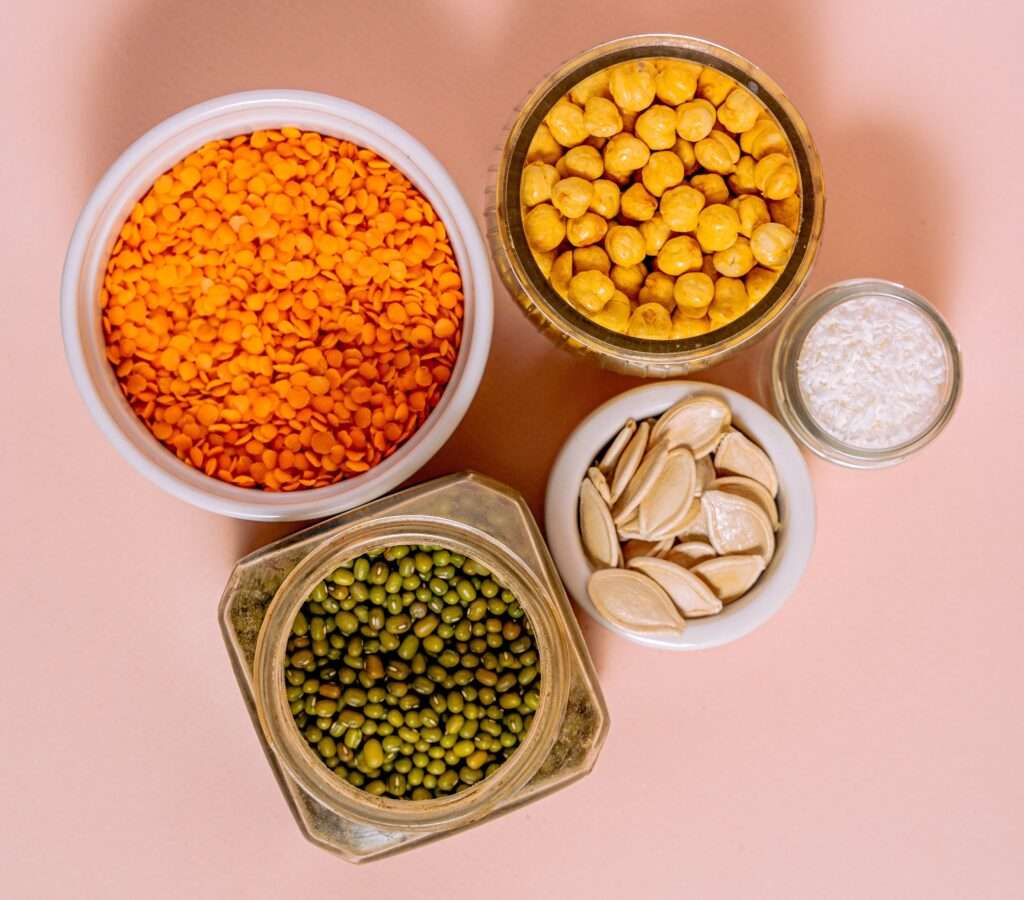
Lentils are the best plant-based protein and it is the best food for vegan and vegetarian. It is high in fiber so it gives you healthy digestion. Lentils have a good amount of healthy carbohydrates, fiber and it low in fat.
It has many nutrients like iron, manganese, phosphorus and vitamin B6.
Lentils have many health benefits it helps to reduce the risk of heart disease and blood sugar because it is fully packed with a good amount of carbohydrates, fats and proteins.
Vegetarian Protein Content
100g of cooked lentils gives you 9g of protein
The Healthy evolution
5. Cottage Cheese

Cottage cheese has high protein content and it is less in calories and fat so it is the best food for vegans and a vegetarian.
It has many essential nutrients like calcium, phosphorus and vitamin B12.
Cottage cheese are good for digestion and helps in muscle growth and muscle recovery.
Vegetarian Protein Content
100g of cottage cheese contains 10-15 grams of protein.
The Healthy evolution
6. Yogurt

Yogurt is a good-quality protein and it is low in fat and calories so you can add it to your vegan diet.
It has good nutrients like Calcium, Phosphorus and Vitamin B2 and B12.
It has many health benefits like good for digestion, supports bone health and heart health.
Vegetarian Protein content
100g of Yogurt gives you 10g of protein
The Healthy Evolution
7. Chickpeas

Lentils are the best plant-based protein and it is the best food for vegan and vegetarian. It is high in fiber so it gives you healthy digestion. Lentils have a good amount of healthy carbohydrates, fiber and it low in fat.
It has many health benefits like it is good for digestion due to its fiber content, supports heart health and maintains healthy blood sugar levels.
It has essential nutrients like iron, magnesium, potassium and folate.
Vegetarian Protein Content
100g of chickpeas gives you 19g of protein
The Healthy Evolution
8. Soya

Soya is a plant-based protein and has a good amount of fats so you can soya to your vegan diet. Since they are a complete protein source, they have all the important amino acids that the body needs.
Soya includes a wide range of vitamins, minerals, and antioxidants and is nutrient-dense. They are an excellent source of B vitamins, calcium, phosphorus, and iron. They also have phytochemicals, good fats, and dietary fiber, all of which add to their nutritional worth.
Vegetarian Protein Content
100g of soya gives you 52 grams of protein
The Healthy Evolution
9. Seitan
Seitan has a lot of rich protein and it is a plant-based protein. So you can add it to your vegan diet.
Seitan is low in fat and does not contain cholesterol. It has a small amount of nutrients like calcium, iron and phosphorus.
Seitan is the best alternative food to animal-based meats because it contains high proteins in it.
Vegetarian Protein Content
100g of seitan gives you 25 grams of protein
The Healthy Evolution
10. Nuts

Nuts are rich in protein, fiber and fat. It is good for your health and vegan people can add it to their diet.
Nuts has many nutrients and vitamins like potassium, magnesium, zinc and Vitamin B and E.
It has many health benefits like it supports heart health, reducing the risk of heart disease and lowering cholesterol.
Due to its high fiber content, it helps in healthy digestion and supports blood sugar levels.
Vegetarian Protein Content
100g of Nuts gives you 20 grams of protein
The Healthy Evolution
11. Quinoa

The powerhouse of nutrition is quinoa. Given that it contains all nine of the required amino acids, it is a complete protein. Additionally, it contains a lot of dietary fiber, antioxidants, minerals like magnesium and phosphorus, and vitamins like vitamin B, E, and folate.
This makes it a good choice for vegans, vegetarians, and people who want to eat more protein. Dietary fiber, which offers numerous health advantages, is abundant in quinoa. In addition to promoting satiety and helping to control blood sugar levels, fiber aids digestive health.
Vegetarian Protein Content
One cup of quinoa(100g) gives you 10g of protein
The Healthy Evolution
12. Hemp Seeds
Hemp seeds are rich in protein and it is a plant-based protein so you can add it to your vegan diet.
It has a good amount of essential nutrients and vitamins like magnesium, potassium, zinc and vitamin E and B.
Hemp seeds have healthy fats mainly omega 3 and omega 6 fatty acids.
Due to its high dietary fiber content, it helps in healthy digestion and supports overall digestive health.
Vegetarian Protein Content
100g of hemp seeds gives you 30g of protein
The Healthy Evolution
13. Peanuts


Peanuts and peanut butter are packed with many nutrients like Protein, magnesium and Vitamin E. Peanut and peanut butter makes you feel full for a longer time. They are a great source of nutritional fiber, different vitamins and minerals, healthy fats (particularly monounsaturated fats), and plant-based protein.
Antioxidants like resveratrol, which is recognized for its potential health advantages, are also present in peanuts. Monounsaturated fats, which are thought to be heart-healthy fats, are rich in peanuts.
Vegetarian Protein Content
100g of peanuts gives you 26g of protein
32g of peanut butter gives you 7.2g of protein
The Healthy Evolution
14. Paneer

Paneer is the best source of protein and it is mainly for vegetarians. It has high protein, healthy fats and low in carbohydrates so it good for your health.
It has healthy nutrients like calcium, phosphorus and vitamin B12 and B2.
Paneer is easy to digest and it is good for your bones and teeth.
Vegetarian Protein Content
100g of Paneer gives you 18g of protein
The Healthy Evolution
15. Nutritional Yeast
Nutritional yeast is a rich protein source that provides all 9 amino acids and it is a plant-based protein. It is best for the vegan diet.
Nutritional yeast is low in fat and calories but it is high in nutrients. It is high in B vitamins like vitamin B12.
It is good for digestion due to its high dietary fiber and has minerals like iron and selenium in it.
Vegetarian Protein Content
2 table spoon of Nutritional Yeast gives you 8g of protein
The Healthy Evolution
16. Pumpkin seeds

Pumpkin seeds are rich in protein and have healthy fats in it. It is completely a nutrient-dense food.
Pumpkin seeds are high in minerals and vitamins like vitamin E, Vitamin K, Iron, manganese, magnesium and copper.
It is good for digestion, supports heart health, lower cholesterol levels and supports bone health.
Vegetarian Protein Content
100g of pumpkin seeds gives you 19g of protein
The Healthy Evolution
17. Milk

Milk is a dairy product that contains many essential nutrients. It is the best source of calcium which is very important for bone health.
Milk contains many nutrients like protein, Vitamin D, Vitamin B12 and Phosphorus. It is high in protein which contains essential amino acids.
The protein in milk helps Muscle growth and repairs muscle tissue. You can try Skim milk because it is low in fat content and has a good source of protein in it.
Vegetarian Protein Content
250ml of milk gives you 8g of protein
The Healthy Evolution
18. Beans

Beans are high in protein and it is completely plant-based protein. It is best for vegan and vegetarian diets.
Beans are high in dietary fiber so it is good for digestion and supports weight loss, lower blood sugar levels and heart diseases.
It has many nutrients including folate, iron, magnesium, potassium and vitamin B.
Vegetarian Protein Content
170g of beans gives you 15g of protein
The Healthy Evolution
19. Spirulina
Spirulina is rich in protein and high in nutrients. It is a plant-based protein and has high protein than any other plant-based sources so it is suitable for a vegan diet.
It has high in nutrients and vitamins like iron, magnesium, vitamin B, vitamin K and potassium.
Spirulina may help lower cholesterol levels, reduce blood sugar and improve the immune system.
Vegetarian Protein Content
2 table spoon(14g) of spirulina gives you 8g of protein
The Healthy Evolution
20. Mycoprotein
Mycoprotein is a good source of protein, low in fat and has all important amino acids in it. It is a fungus that is derived from Fusarium venenatum.
Mycoprotein has many nutrients like iron, zinc, calcium and Vitamin B.
It is high in dietary fiber so helps in healthy digestion and it easy to cook and eat.
Vegetarian Protein Content
100g of Mycoprotein gives you 16g of protein
The Healthy Evolution
The Bottom Line
A vegetarian diet that is well-planned and balanced can offer a number of health advantages. It can provide necessary nutrients, help weight management, support heart health, enhance digestive health, lower the risk of chronic diseases, support environmental sustainability, and be ethically acceptable. However, it’s crucial to make sure you’re getting enough nutrients, especially those that may be harder to get from plant-based sources, such as protein, iron, vitamin B12, and omega-3 fatty acids. You may make sure that your vegetarian diet satisfies your specific nutritional needs by speaking with a registered dietitian or other healthcare practitioner.
Read More

